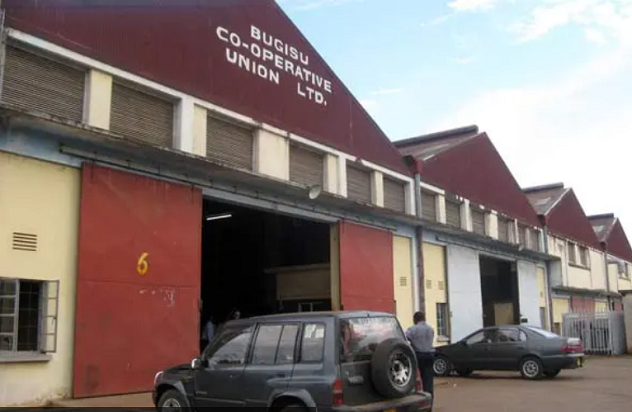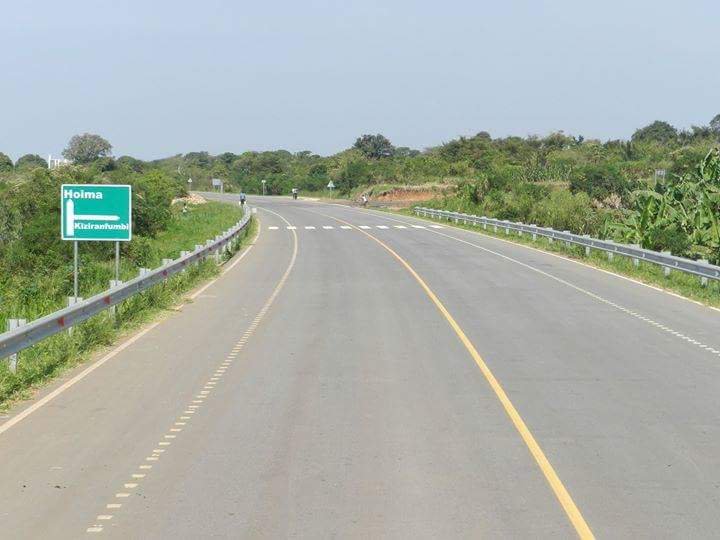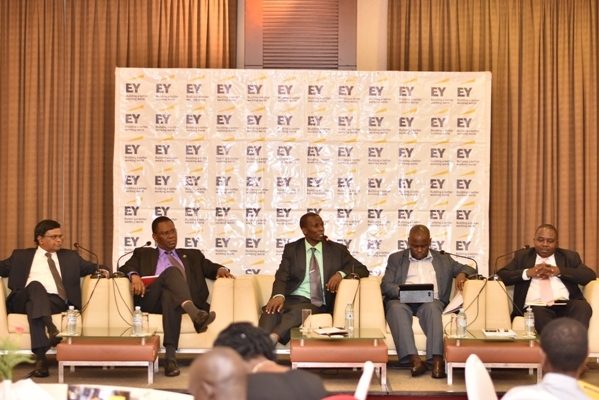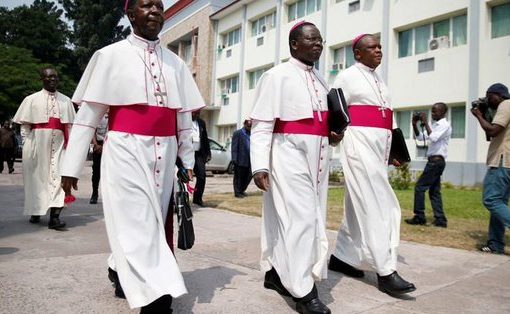Bugisu Cooperative Union-BCU has unveiled plans to sue the government over the controversial multi-billion coffee concession with Uganda Vinci Coffee Company Limited.
This comes almost two weeks after the Minister of Finance, Planning and Economic Development, Matia Kasaija signed an agreement granting Uganda Vinci Coffee Company Limited, which is led by Italian businesswoman Enrica Pinetti, exclusive rights to buy, process and export Uganda’s coffee.
The deal, which expires in 2032, is subject to renewal and excludes the company from any form of taxation. The government also allocated the company land for the establishment of a coffee processing plant at Kampala Industrial and Business Park, Namanve. According to the deal, the coffee plant will process 60,000 tons of coffee per annum at full capacity and create 246 jobs for skilled labourers.
However, the BCU Board Chairperson, Nathan Nandala Mafabi has described the deal as vague, adding that they have already embarked on the process of suing the government. Addressing journalists after the 61st BCU Annual General meeting-AGM at the BCU headquarters in Mbale City on Monday, Nandala said that the decision to drag the government to court was agreed upon by the BCU board.
He explained that the contract between the government and the Italian company is aimed at making Ugandan farmers slaves and entities like BCU redundant since they won’t be able to export coffee.
John Musila, the BCU Board Vice-chairperson, said the Bamasaba, whose mainstay is coffee farming, are likely to be the biggest loser if this deal takes effect. According to Musila, the government didn’t consult coffee farmers before signing this deal, which directly affects them.
Solomon Ngati, the BCU community SACCO Chairperson also faulted the government for entering this deal, saying it contravenes the government’s own policy of Buy Uganda Build Uganda.
BCU joins other Ugandans who have questioned the concession. On April 03, 2020, Daily Monitor carried a story in which they quoted Mawokota legislator, Yusuf Nsibambi describing the deal as fraudulent.
“The agreement formalises fraud by the government. How would you create a monopoly—allow one player to determine prices in a free market economy? How come this doesn’t apply in other sectors?” Daily monitor quoted Nsibambi wondering.
The same story quoted Stephen Lwetutte, a human rights practitioner, saying the initial agreement was signed seven years ago and there is little evidence that shows progress.
“The real reason why the project has been resurrected is probably that the government is monopolizing the coffee business through the backdoor. It is noteworthy that the agreement coincides with Uganda’s withdrawal from the international organization of coffee exporters where Uganda was among the top members,” Lwetutte said.





